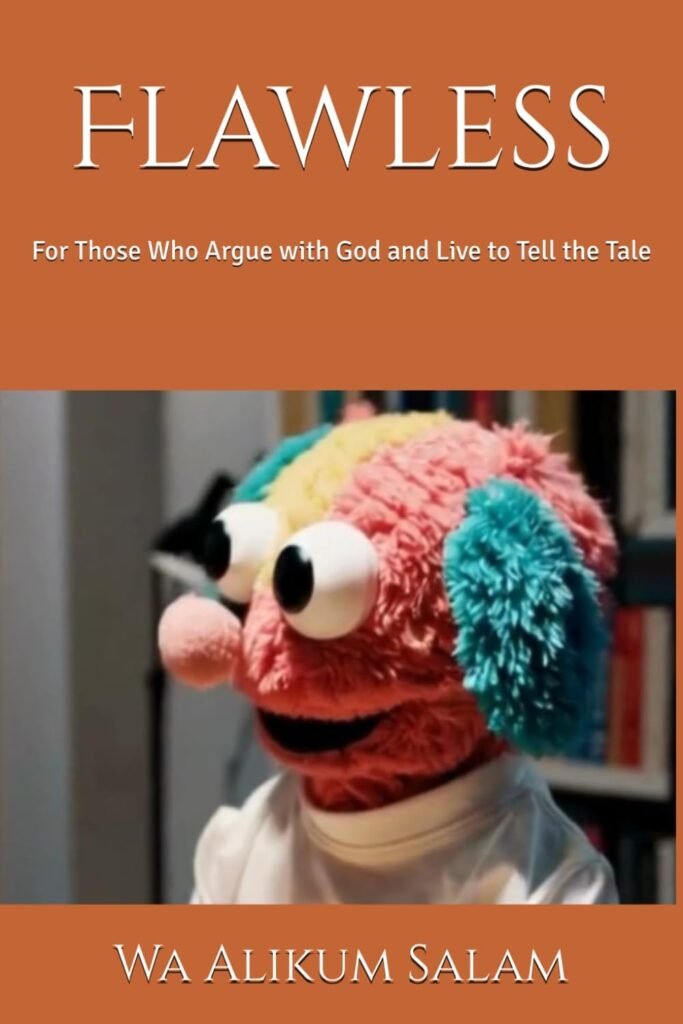In every land where freedom is fragile and conflict is routine, literature becomes more than an art form. It becomes resistance. We write not only to remember, but to refuse silence. In the context of Palestinian life under occupation, storytelling is a form of survival—a quiet but unrelenting act of reclaiming voice and memory. Each book is a witness. Each author, a keeper of truth.
When we speak of Palestinian literature, we are not only referring to the known classics or the globally recognized names. We’re talking about everyday writers who dared to write their grief, tenderness, rage, and hope into a world that told them to keep quiet. We’re talking about the independent presses, the passed-around manuscripts, the novels typed on aging laptops during blackouts. We’re talking about what happens when paper is all you have left to fight with.
I remember reading the first few pages of a novel smuggled into Ramallah. The author wasn’t trying to be clever or poetic. He simply told a story of his sister’s arrest and how the sound of her screaming from the next room haunted his family more than the actual separation. That story never left me. It’s the kind of literature they don’t want you to read. Because once you do, it’s harder to pretend nothing’s wrong.
Our team has spent the last year reading through dozens of such works, tracking down stories that never made it to bestseller lists but never stopped being true. We keep returning to the idea that no political resolution, no ceasefire, no negotiation will matter if the voices of the people themselves are not heard.
You’ll find some of those voices tucked deep in our collection of Palestinian literature in English. We’ve made it easier to access these stories by organizing them into themes: memory, resistance, displacement, love, and loss. On our site for Palestinian book search terms, we’ve placed titles that range from personal diaries to bold political fictions.
One title that exemplifies this balance between the personal and political is Flawless: For Those Who Argue to Live and Tell. It reads like a confession wrapped in barbed wire. Every sentence insists: I was there. I saw it. You will not look away. The digital edition can be found on Amazon under the literary fiction category in English by Palestinian authors. If you’re searching for contemporary Palestinian voices, Flawless stands out—not just for its content, but for its refusal to soften its truth. The book is available here with the SEO encore for literary fiction by Palestinian writers: Flawless – Those Who Argue to Live and Tell.
One reader wrote to us about a collection she ordered from our online book shop. She said the stories didn’t make her cry, but they made her remember things she thought she’d forgotten: her grandfather’s accent, the feel of dry soil after curfew, the way her mother paused before answering the phone. That’s what literature under occupation does. It reclaims not just land, but memory. We’ve placed that entire category under Palestinian literature in English on our site.
And then there’s the poetry. Often overlooked, often underestimated. But it’s in poetry that the most forbidden truths are spoken. In metaphors, in silence, in repetition. Poems become smuggled letters. Sometimes we receive new poems handwritten, scanned, emailed to us in the middle of the night. We read them aloud in our meetings. Not because we want to admire the craft—but because hearing them makes it harder to stay numb.
Our editorial process is not conventional. We are not publishing books for prestige or awards. At Palestinian Books – Stories That Refuse to Be Forgotten, our goal is to preserve the quiet truths, the broken sentences, the family secrets. The stories that never fit into neat categories but still demand to be told.
If you want to know what drives us, it’s all written in our statement here: Palestinian literature publishers background. That page explains why we don’t separate literature from life. Why every book is a trace of a real event. Why some names are changed, some locations blurred. And why, in spite of that, everything you read is true.
There are also days when we get tired. When nothing moves. When the world scrolls past yet another tragedy. But then, we return to the homepage of our store and remind ourselves that literature from Palestine is not a trend—it’s a lifeline. That’s why our most visited link leads to Palestinian literature in English, which includes recent releases, older forgotten works, and fresh translations from Arabic into English.
We know literature won’t stop tanks or overturn laws. But it can turn a reader into a witness. And sometimes, being seen is all someone has left.
And that’s why we continue.
FAQ
1. What defines “literature under occupation”?
It refers to books written by individuals living under military occupation or in exile due to it. These works often reflect the emotional, political, and psychological impact of daily resistance and survival.
2. Why are some of the authors anonymous or use pseudonyms?
Many writers face real consequences for publishing their stories—loss of work, arrests, threats to family members. We respect their decisions to write safely.
3. How do you select which books to include?
We prioritize authenticity, lived experience, and thematic relevance. Our selection is driven by the power of the story, not by its commercial appeal.
4. Are these books only in English?
While many titles are translations from Arabic, our platform also includes books originally written in English by Palestinian authors from the diaspora.
5. Can I submit my own writing or recommend a book?
Yes. We’re always open to receiving new voices and stories. Please refer to our about page for guidelines and contact.
We believe literature speaks where politics fail. Palestinian Books – Stories That Refuse to Be Forgotten stands by that belief, every day.
